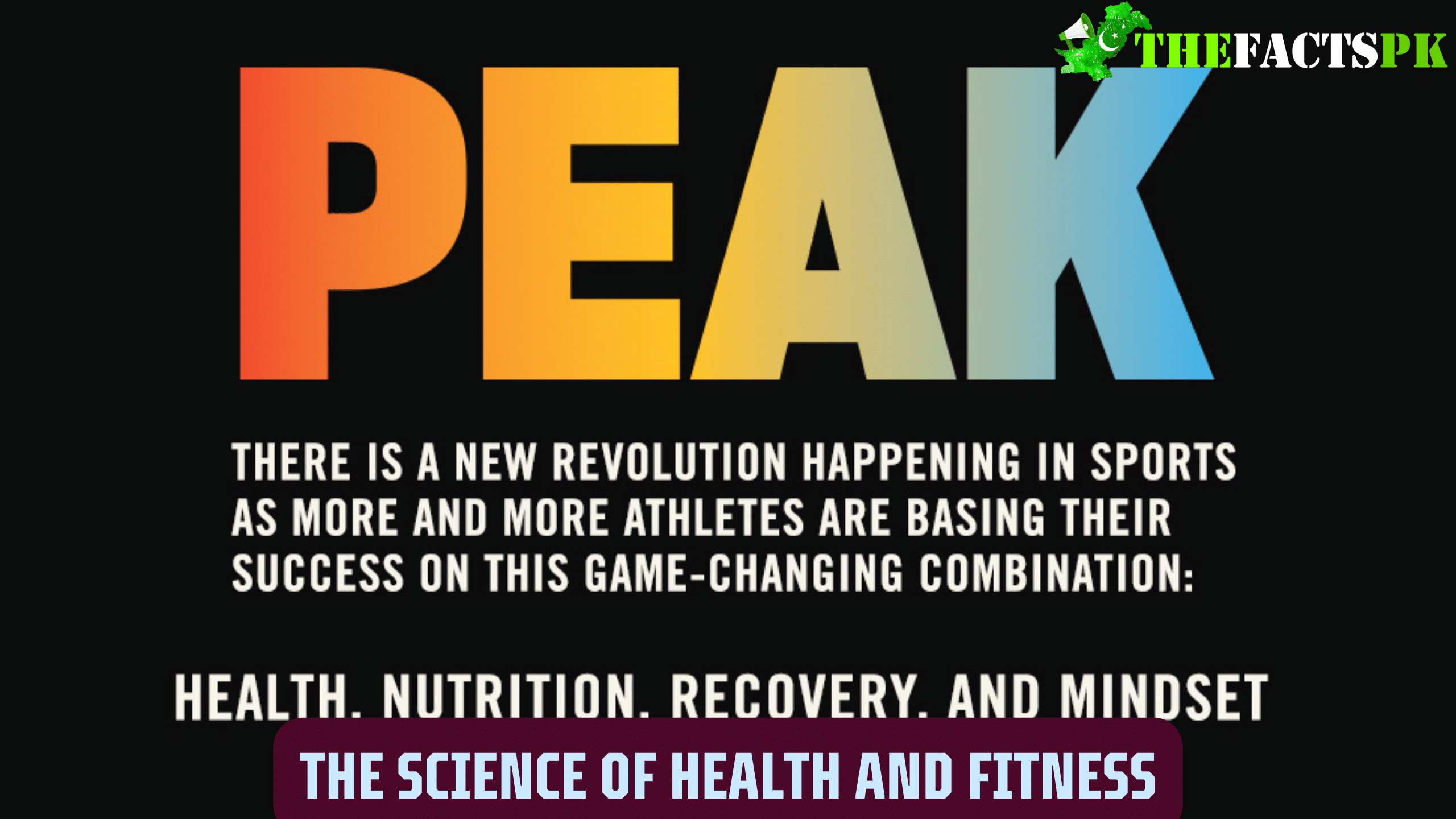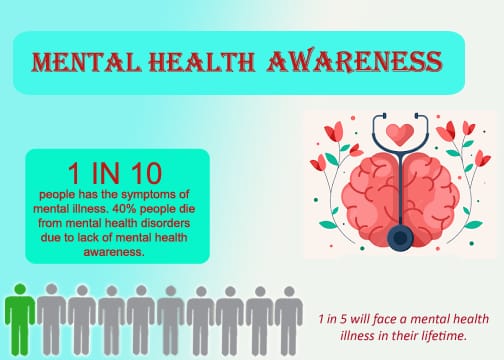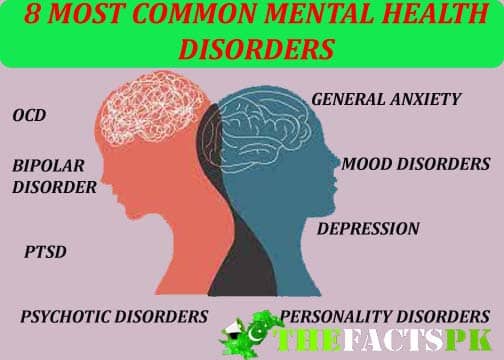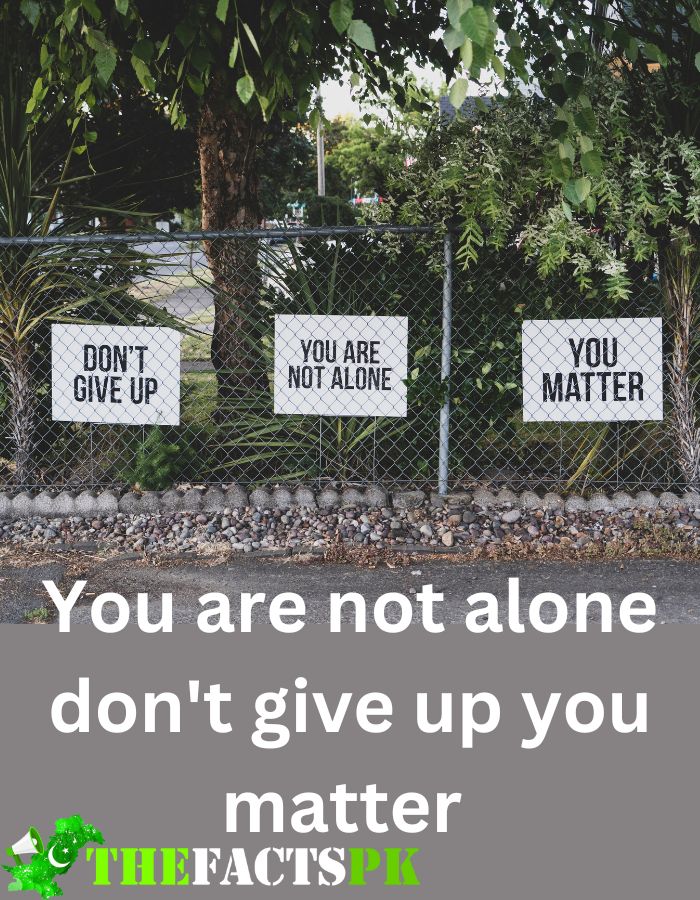HEALTH TIPS
Peak Performance Unleashed: The Science of Health and Fitness

Introduction:
In the relentless pursuit of peak performance, understanding the science behind health and fitness is paramount. Whether you’re an athlete aiming for gold or an individual seeking optimal well-being, this insightful article explores the intricate relationship between science, peak performance, and the captivating world of health and fitness.
In today’s fast-paced and demanding world, unlocking peak performance has become an ever-present aspiration. We all strive to reach the pinnacle of our abilities, to surpass our limitations, and to excel in every facet of life. Central to this quest is the profound connection between health and fitness, which serves as the cornerstone for unleashing our true potential.
The Physiology of Peak Performance:
Delve into the remarkable biology and physiology that underpins peak performance. Discover how our body’s energy systems, from aerobic to anaerobic pathways, work in synergy to fuel our movements and enhance endurance. Uncover the secrets to optimizing these systems through targeted exercises and nutrition strategies.
The science that underpins the realms of health and fitness is a captivating tapestry woven from intricate threads of biology, physiology, and psychology. It unravels the inner workings of our bodies and minds, unearthing the secrets to optimizing performance and attaining extraordinary results. From the microscopic intricacies of cellular function to the harmonious symphony of complex physiological systems, every aspect intertwines to form the foundation of vitality.
Mastering the Mind-Body Connection:
Unlock the power of the mind-body connection and its profound impact on performance. Explore the role of mindfulness, visualization, and positive self-talk in cultivating focus, motivation, and mental resilience. Learn how to harness the immense potential of your thoughts and emotions to surpass limitations and achieve greatness.
Nutrition as a Performance Enhancer:
Uncover the science-backed nutritional strategies that elevate performance. From macronutrient ratios to timing and supplementation, explore how proper nutrition fuels our bodies for optimal performance. Gain insights into the latest research and learn how to optimize your diet to maximize endurance, strength, and recovery.
Recovery: The Key to Sustained Success:
Discover the science behind effective recovery and its significance in maintaining peak performance. Explore the importance of sleep, active rest, and restorative practices in promoting tissue repair, replenishing energy stores, and preventing burnout. Learn how to develop personalized recovery protocols for sustained success.
Cutting-Edge Technologies and Training Techniques:
Delve into the innovative technologies and training methodologies reshaping the landscape of health and fitness. From wearable devices to virtual reality training, explore how these advancements are revolutionizing performance optimization. Stay ahead of the curve with insights into the latest trends and tools.
Decoding the Body’s Blueprint for Success:
Embark on a journey into the intricate physiology that drives peak performance. From the wonders of muscular adaptation to the mysteries of cardiovascular endurance, we uncover the science behind our body’s remarkable capabilities. Learn how to fine-tune your training regimen based on your unique genetic makeup, as advancements in genetic testing reveal the keys to unlocking your full potential.
Hacking Performance: The Power of Nutrition:
Discover the cutting-edge nutritional strategies that fuel peak performance. We explore the science of macronutrients and their role in optimizing energy production, muscle growth, and recovery. From the benefits of nutrient timing to the latest advancements in personalized nutrition plans, learn how to nourish your body for unrivaled performance gains.
Beyond Physicality: The Mind’s Influence on Performance:
The mind is a powerful tool in the pursuit of peak performance. Explore the psychological techniques employed by elite athletes and performers to sharpen focus, build resilience, and maintain unwavering motivation. Uncover the science-backed methods of visualization, positive self-talk, and mindfulness that can transform your mental game and propel you towards greatness.
Pushing Limits: Training Innovations for Superior Results:
Stay on the cutting edge of training methodologies and technologies that push performance boundaries. We delve into the world of functional training, high-intensity interval workouts, and novel fitness equipment designed to optimize strength, speed, and agility. Discover how innovative tools such as virtual reality and biofeedback devices are revolutionizing the way we train.
The Art of Recovery: Balancing Rest and Progress:
Rest and recovery are critical components of sustained peak performance. Delve into the science behind optimal recovery strategies, from sleep hygiene to active recovery techniques. Learn how to prevent overtraining, minimize the risk of injuries, and maximize your body’s ability to adapt and improve.
Conclusion:
In conclusion, Unleashing peak performance is a journey that intertwines science, dedication, and a deep understanding of health and fitness. By embracing the intricate connections between physiology, mindset, nutrition, and recovery, you can unlock your true potential. This high-quality article provides valuable insights and practical tips to empower you on your quest for peak performance. Invest in yourself and embark on a transformative journey toward reaching new heights of success and well-being. The pursuit of peak performance is an art and a science that revolves around health and fitness. By delving into the intricacies of our body’s systems, optimizing our mindset, and prioritizing recovery, we can unleash our full potential and achieve extraordinary feats. So, embark on this captivating journey and let the science of health and fitness propel you to new heights of achievement. You can Enjoy Our Tiktok Videos
HEALTH TIPS
Importance of Mental Health Awareness

Importance Of Mental Health Awareness
Mental health and mental illness
Over thinking and Mental health awareness is as important as physical health awareness. For physical health problem we seek guidance from a doctor and get treatment. Just like this we need to get help if we have mental health issues. Mental health awareness is something that can help the millions of people who are affected by mental health issues all over the world.
One in ten persons has the symptom of mental illness. Mental health awareness is an attempt to reduce discrimination and stigma around mental illness. For good mental health, treatment of mental illness is important. Regardless of the development in many countries people with mental health conditions are often treated with discrimination, stigma and Prejudice. Because of this, more than half of people with mental illness don’t receive help for their disorders. Checkout our health tips
Mental health and mental illness
Mental health is the state of your mind, feelings, and emotions and behavior. Mental health is always there and may be positive or negative, whereas mental illness can affects a person’s ability to function over a long period of time. Mental illness, also called as mental health disorders. Check our Facebook Page
There is no single cause for mental illness. A number of factors can be the reason behind mental disorders.
- Childhood abuse, trauma or neglect
- Bereavement (losing someone close to you)
- Depression
- Long term physical health condition
- Social isolation or loneliness
- Misuse of drug and alcohol
- Severe or long term stress
- Physical causes such as head injury
- Biological factors such as imbalance of hormones
- Discrimination(racial difference)
All of these can lead to mental illness. Mental illness doesn’t have to do anything with being weak or lazy.
Most common mental health disorders
- Anxiety
- Mood disorders
- Specific phobias
- Depression
- Bipolar
- Schizophrenia
- Post-traumatic stress disorder
- Dissocial disorders
- Eating disorders
These mental health’s have different symptoms and causes they can affect every aspect of life. The conversation about mental health awareness has never been as public, as prevalent, or as important. After all, building awareness is a critical component to learn how to take care of your mental health.

Symptoms of mental illness
Mental health awareness can help us indentify the symptoms. Mental illness symptoms can affect emotions, thoughts and behaviors. There are some symptoms of mental illness that can help us understand our mental health.
- Sleep problems
- Lack of interest
- Feeling sad or down (depressed)
- Extreme feeling of guilt
- Delusion, hallucination
- Excessive anger
- Mood changes
- Feeling anxious
- Appetite changes
Mental health awareness training
Mental health awareness training prepares people and individuals to respond properly to persons with mental health challenges and disorders, especially those with serious mental illness like schizophrenia.
Many organizations like WHO (world health organization) and BSC (British safely council) are promoting mental health awareness programs. It train people to learn how to handle worry, anxiety, anger and depression
How you can help in mental health awareness
Mental health awareness doesn’t only help you but also help your relatives, friends and family members. Knowing more about mental health disorders can help to identify the symptom of disorders. Here are some things that you can do to help.
- Learning more about mental health allows us to provide helpful support to those affected in our families and society.
- By Knowing about symptoms we can help them to seek diagnose from a psychiatrist
- Learning more about mental health allows us to provide helpful support to those affected in our families and society.
- Mental health education is crucial for caregivers, family members, employers, parents and loved ones to understand the effect that we face because of mental health
Mental health awareness can reduce suicide. We truly never know how our action affects other people, but if raising awareness can save a life we should try to do it. We can seek help from nearby institutes. We should encourage other to seek help if needed.
Ways to raise mental health awareness
There are many ways to raise mental health awareness. When it comes to mental health, May is not just a month. It’s Mental Health Awareness Month. Of course, bringing awareness to mental health illness isn’t a one-and-done task. It takes work from each and every one of us. But that doesn’t mean that Mental Health Awareness Month isn’t an important time to bring attention to the cause.
Educate yourself and others
We should educate ourselves and others about the importance of mental health awareness. Talking about mental health is difficult, but it is important to remove stigma and help those who are suffering from mental health illness.
Listen to others
People who are suffering from mental health issues may need to speak with someone who can offer hope during difficult times. Starting a conversation about mental health doesn’t mean that you have to say more about your own issues, but having a frank and honest discussion about mental health can be an amazing thing to do!
Speak to children openly about mental health
It is difficult to start conversations about mental health with children. However, it’s important to create an ongoing dialogue about mental health with children, young people and other adults. Adults can help children understand that mental illnesses are real illnesses that can be treated.
Take part in mental health training program
It is important to be aware of your mental health condition, If you’re interested in pursuing a career in mental health, there are a number of fields that offer an opportunity to provide care to those in need. Consider carrier in counseling, psychology, psychiatry, social work, or nursing.
Check your mental health
Just like physical health, taking care of your mental health is important and should be a priority. Checking your mental health can take time and it may not be easy. It can save you from many mental health issues.you can check our page for health tips to stay healthy.
Openly discuss mental health issues
Talk to those around you about how they are feeling, and take the time to truly listen. Check in regularly, especially if you know they are under stress or dealing with a mental illness.
Donate money and time
Volunteer organizations and mental health facilities are often understaffed and under-resourced, so even a small donation of time or money can make a big difference in the lives of others No matter how you choose to help, the most important thing is that you’re doing your part to support mental health awareness in your community.
HEALTH TIPS
8 Most Common Mental Health Disorders and Its Treatment


Mental Health Disorders
Mental health disorders are diverse, and their prevalence can vary depending on factors such as region, culture, and demographics. Here are some of the most common mental health disorders and their typical treatments:
Types of mental health disorders
General anxiety disorders
- Cognitive-behavioral therapy (CBT) is often used to address anxiety disorders.
- Medications like benzodiazepines or antidepressants may be prescribed in some cases.
- Relaxation techniques and lifestyle changes can help manage symptoms.
Bipolars disorders
- Mood stabilizers like lithium or anticonvulsants are commonly prescribed.
- Psychotherapy, especially psychoeducation and cognitive-behavioral therapy, is important.
- Supportive care and monitoring for mood swings are crucial.
Mood disorders
It’s important to note that mood disorders are treatable, and individuals experiencing symptoms should seek help from mental health professionals. Early diagnosis and intervention can lead to effective management and improved quality of life. Treatment plans are often personalized to the individual’s needs and may include a combination of therapy, medication, lifestyle changes, and support from loved ones.
Personality disorders
Personality disorders are a group of mental health conditions characterized by enduring patterns of behavior, cognition, and inner experience that deviate markedly from the expectations of the individual’s culture. These patterns often lead to significant distress or impairment in personal, social, and occupational functioning. Personality disorders are typically grouped into three clusters in the Diagnostic and Statistical Manual of Mental Disorders (DSM-5):
It’s important to note that personality disorders can vary in severity, and individuals may not always fit neatly into one specific category. Treatment for personality disorders often involves psychotherapy, with approaches like dialectical behavior therapy (DBT), cognitive-behavioral therapy (CBT), or psychodynamic therapy being effective for certain disorders. Medications may also be used to manage specific symptoms or co-occurring conditions.
Post-traumatic stress disorder (PTSD)
Post-Traumatic Stress Disorder (PTSD) is a mental health condition that can develop in individuals who have experienced or witnessed a traumatic event. These events are often life-threatening, extremely distressing, or involve a sense of helplessness. PTSD can affect people of all ages and backgrounds.
It’s essential for individuals with PTSD to seek professional help from mental health specialists who are experienced in treating trauma-related disorders. The choice of treatment may depend on the severity of symptoms and individual preferences. Recovery from PTSD is possible, and many individuals experience significant improvement with the right treatment and support.
Psychotic disorders
Psychotic disorders are a group of mental health conditions characterized by the presence of psychosis, which involves a significant impairment in an individual’s thinking, emotional responses, and ability to perceive reality accurately. Psychosis can manifest in various ways, including hallucinations (false sensory perceptions) and delusions (false beliefs).
Depression
- Treatment often includes psychotherapy (cognitive-behavioral therapy or interpersonal therapy).
- Medications like antidepressants (selective serotonin reuptake inhibitors – SSRIs) may be prescribed.
- Lifestyle changes, exercise, and social support are also important.
Obsessive-Compulsive Disorder (OCD)
Obsessive-compulsive disorder (OCD) is a long-lasting disorder in which a person experiences uncontrollable and recurring thoughts (obsessions), engages in repetitive behaviors (compulsions), or both. People with OCD have time-consuming symptoms that can cause significant distress or interfere with daily life.

HEALTH TIPS
Mental Health Full disclosure- a comprehensive guide to mental health.

Introduction
Mental Health is essential in all areas of our life. It is concerned with our mental, emotional, and social health and influences our behavioral patterns as well. According to Hopechest Global Mental Health Statistics Overview: 970 million people around the world struggle with some mental illness or drug abuse. 1 in 4 people will be affected by a mental illness at some point in their lives. 14.3% of deaths worldwide, or approximately 8 million deaths each year, are attributable to mental disorders.
World Mental Health Day — observed every year on October 10th — raises awareness about the significance of mental health around the world. This blog will explore the importance of mental health, the 4 main types of mental disorders, interesting mental health quotes, ways to improve mental health & examples to bring understanding to this fundamental human topic.
What Mental Health Means?
Mental health refers to someone’s emotional health which can either be good or bad. It involves everything from our ability to handle stress to our relationships with others—it’a an all-embracing definition. Good mental health is not the absence of every psychological and emotional burden; rather, it means being able to face them in a balanced manner. Note that mental health is a continuum and there are levels of health — some better than others.
What are examples of mental health?
1. Anxiety Disorders:
They encompass such things as generalized anxiety disorders, panic disorders, and social anxiety disorders, with the common feature being excessive worry and dread.
2. Mood Disorders:
Mood disorders such as depression and bipolar disorder impact one’s emotional well-being causing long-term periods of melancholy or mood disturbances.
3. Personality Disorders:
Conditions such as borderline personality disorder and narcissistic personality disorder can affect a person’s thinking, feelings, and behavior; this may result in problems with interpersonal relationships.
4. Substance Use Disorders:
These types of disorders involve misusing drugs or alcohol, which can lead to severe mental problems.
What are the 4 Types of Mental Health?
1. Emotional Well-Being:
Your emotional health revolves around being able to identify, express, and control how you react to things affecting your mental state. It boils down to acknowledging and dealing with your emotions in a positive way. Emotional well-being strength helps express feelings in more positive ways and better manage stress levels.
2. Psychological Well-Being:
This form deals with how your brain processes information. It contains elements such as cognitive abilities (e.g., thinking and reasoning skills), problem-solving, decision-making, and self-efficacy. Positive mental health equips individuals with the resilience to navigate life’s difficulties while keeping intact a sense of meaning in one’s existence.
3. Social Well-Being:
It’s about how connected you feel with others. Social health is the ability to have positive interpersonal relationships, a feeling of connectedness, and conflict resolution. Having an extensive support network & positive interpersonal experiences are important facets of mental well-being.
4. Spiritual Well-Being:
Spiritual wellness is sometimes taken for granted but is an important part in mental health. Spirituality is about meaningfulness, value orientation, and internal happiness, respectively. Higher spiritual well-being is linked to feeling more purpose in life and also has shown increased mental health as well.
How to Improve Mental Health?
Mental health improvement demands that all four archetypes addressed above be improved upon. Here are some strategies to enhance mental well-being:
1. Seek Professional Help:
If you have any mental health challenges, don’t be afraid to reach out to a therapist, counselor or psychiatrist for assistance. They can give advice, therapy, and medicine when needed.

2. Practice Self-Care:
Make time for self-care exercises — exercise, a healthy diet, enough sleep (and possibly even some relaxation techniques like meditation).
3. Build Strong Relationships:
Foster strong relationships through transparent communication, conflict resolution (and prevention), and surround yourself with uplifting people.
4. Set Realistic Goals:
Define realistic objectives that fit in with your beliefs and desires. Meeting these objectives could lift up your purpose and confidence.
5. Manage Stress:
Build up your skills on the subject; for example, learn to use time management techniques, develop mindfulness practices, and get into relaxation exercises.
6. Connect with Your Spirituality: Get to know your spiritual side, and find practices that support growth and fulfillment in yourself.
Mental Health Quotes
- “The greatest glory in living lies not in never falling, but in rising every time we fall.” – Nelson Mandela
- “You are not your illness. You have an individual story to tell. You have a name, a history, a personality. Staying yourself is part of the battle.” – Julian Seifter
- “Mental health…is not a destination, but a process. It’s about how you drive, not where you’re going.” – Noam Shpancer
- “You don’t have to be positive all the time. It’s perfectly okay to feel sad, angry, annoyed, frustrated, scared, or anxious. Having feelings doesn’t make you a negative person. It makes you human.” – Lori Deschene

Conclusion
The mental health awareness of our mind is something we cannot ignore. World Mental Health Day is an important reminder to put your mental health first. Identifying different kinds of mental health and reaching for help if we need it; incorporating new techniques to improve our mental wellness and leading more gratifying lives. As these earlier citations suggest, it’s alright to encounter obstacles, just as significant is overcoming them and reaching towards health.





















